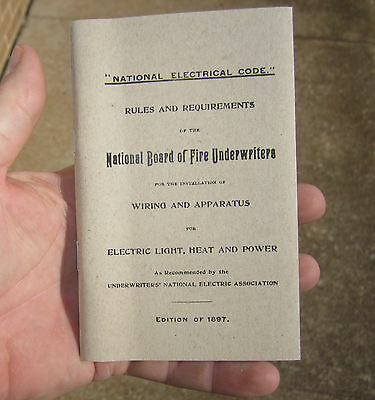-40%
GENTLEMAN’S HAND-BOOK ON POKER 1st U.S. Ed., 1892 - by Florence
$ 184.8
- Description
- Size Guide
Description
~1892 ~
GENTLEMAN’S HAND-BOOK ON POKER
by Florence
Very Good Condition
New York: George Routledge & Sons, 1892
Back Cover has gapping (see pictures)
Very Clean pages
Pattered end papers
Cloth stamped pictorially
Steel portrait frontis. behind tissue
Illustrated in two colors
Illustrated section on marked cards and hold-out devices, including an early mention of the bug hold-out
SEE PICTURES
The Gentleman's Hand-Book of Poker
(1892) by
William James Florence
, who in the preface indicates he wrote the book in less than four weeks to satisfy a bet.
"Steadiness in play often makes up for losses," writes Florence in a section titled "Pushing Your Luck." "Show no impatience. Remember that there is equalization of chances."After discussing the historical background of rules of draw poker and then covering some other variants (stud, whisky), Florence offers similar warnings as do Blackbridge and "Uncle George" about sharps marking cards and using reflectors or small mirrors to see cards as they deal. To that he adds a summary of Schenck's rules, covers various terms and other facets of the game, shares some talk of position and probabilities, and offers other sound advice much of which still applies today.
He also provides suggestions about bankroll management, encouraging the use of a "stop loss," although he doesn't employ the term ("To cut short your losses can be done only in one way... You are willing to lose ; lose that and not another cent"). An essay on "Poker Principles and Chance Laws" contributed by
Richard A. Proctor
supplements the text along with more anecotes of poker.
But it's a section titled "Advice to Players" that once again delivers the most withering observation about poker — and one that would seem to contradict the purpose of a book seemingly intended to promote the gaem.
"There are no rules for playing poker so as to win," Florence bluntly states. "Advice may be given so as to limit losses."
Like Blackbridge, he suggests that if you have to play to do so for small stakes and "never [to] play poker without a limit," because "it is then the most dangerous of games."

















